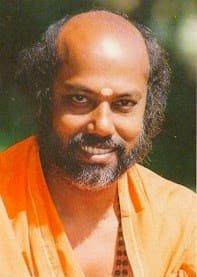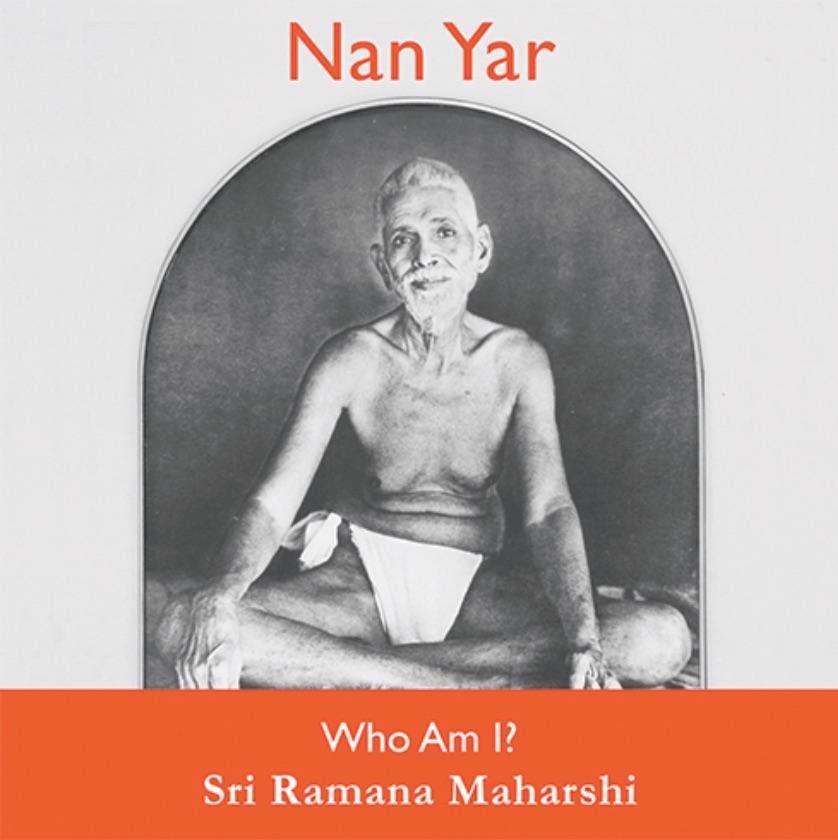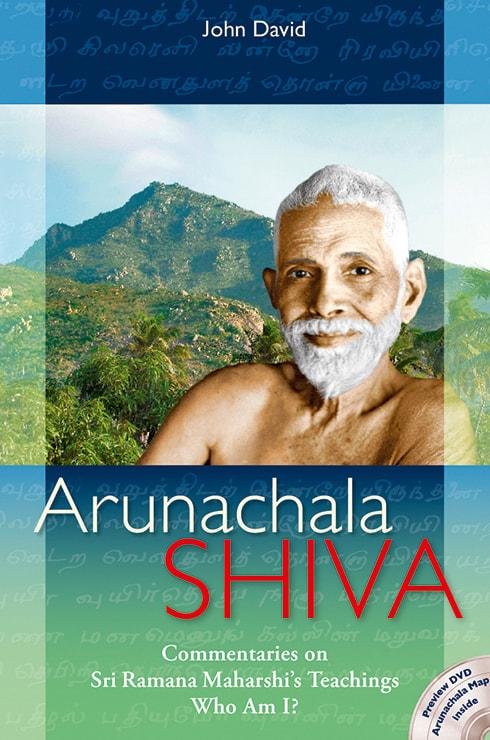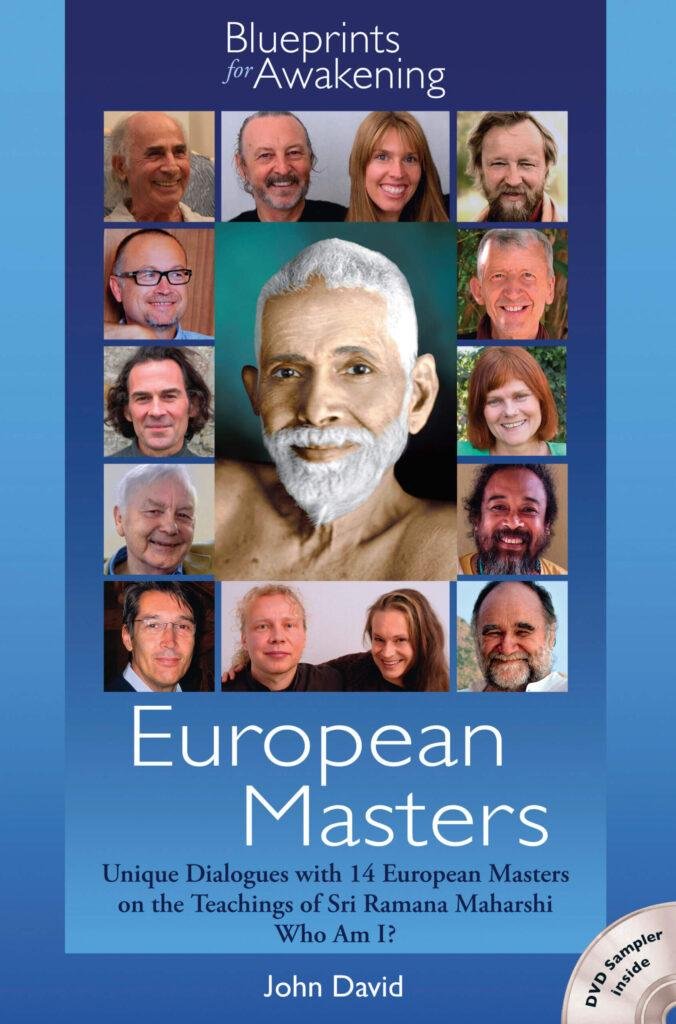Swami Suddhananda
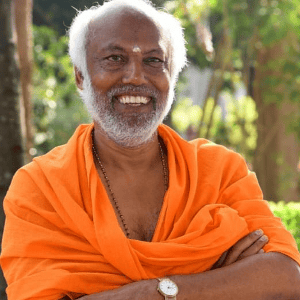
Swami Suddhananda
Questions and Answers
Sri Ramana proposed the fundamental question, ‘Who am I?’* Who are you?
Many Western seekers come to India looking for enlightenment as if it is an experience. What is enlightenment?
Are there any qualifications for enlightenment? Is sadhana (spiritual practice) necessary? If yes, what form do you advise?
Sri Ramana said that Self-enquiry is the most direct route to realising the Self. What do you say about Self-enquiry? How to conduct Self-enquiry?
When Sri Ramana was asked, ‘When will the realisation of the Self be gained?’ he replied, ‘When the world which is what-is-seen has been removed, there will be realisation of the Self which is the seer.’* What is the true understanding of the world? How to remove the world?
It has been suggested that the mind must be destroyed for liberation to occur. Do you have a mind? Sri Ramana used the term manonasha to describe the state of liberation, meaning destroyed mind. How to destroy the mind?
What about vasanas, the tendencies of the mind? Must these be removed before Self-realisation can become permanent? Is it enough to achieve asattvic (calm and peaceful) state of mind and to know one’s vasanas so that they no longer bind? How to remove the vasanas?
Sri Ramana’s devotees had tremendous devotion to him, and he to Arunachala. Please say something about bhakti, devotion, in the pursuit of awakening.
It appears essential to meet a guru and stay with that guru. Who is the guru? What is the guru’s role? How to recognise a true guru?
Seekers often have curious ideas about the enlightened state. Please describe your typical day and how you perceive the world.
You have given us a profound discourse on awakening. When you meet a passion for awakening, what would your short advice be?
Swami Suddhananda's teachings
Swami Suddhananda’s teachings reflect a deep understanding of Vedanta, with a focus on the transformative power of self-inquiry. His central teaching revolves around the idea that the Self, the true essence of every individual, is the same for all. He encourages seekers to look beyond the external and question the very nature of “I.” According to Suddhananda, the realization of the Self transcends all forms, names, and experiences; it is the formless, unchanging reality underlying everything.
Suddhananda stresses that true knowledge is not about accumulating information but about direct realization. Like the great sages of Advaita Vedanta, he emphasizes that the ultimate truth cannot be grasped by the mind but must be directly experienced in silence and stillness. He guides seekers to understand that the “I” they perceive is not the true “I” but a false identification with the body, mind, or ego.
He also teaches that enlightenment is not a distant goal or a special experience, but the realization of one’s true nature, which is already present. The process involves dispelling ignorance, not through intellectual analysis, but through sustained self-inquiry and the guidance of a true guru. Suddhananda’s path is one of simplicity, honesty, and patience, where the seeker gradually sheds illusions of separation and comes to recognize the unity of all existence.
His approach is deeply experiential, urging seekers to stay with the question “Who am I?” until they realize that the Self is the substratum of all experiences, and the search for enlightenment is already the realization of the Self within.
Other Ramana Maharshi Books
Aham Sphurana – A Glimpse of Self Realisation [Volume 1]
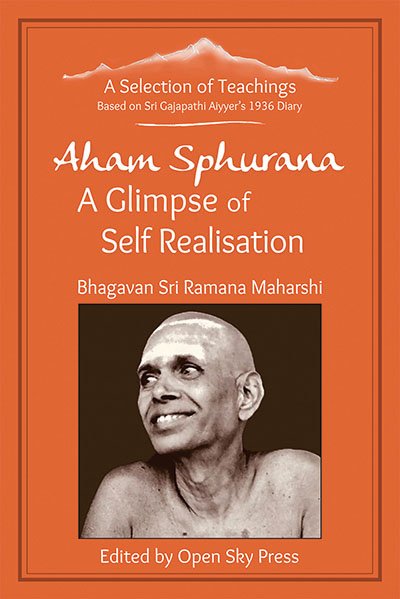
Fascinating dialogues and stories of Ramana Maharshi recorded by Sri Gajapathi Aiyyer in the summer 1936, at Ramana Ashram.
Vichara – Self Enquiry,
Who am I? [Volume 2]
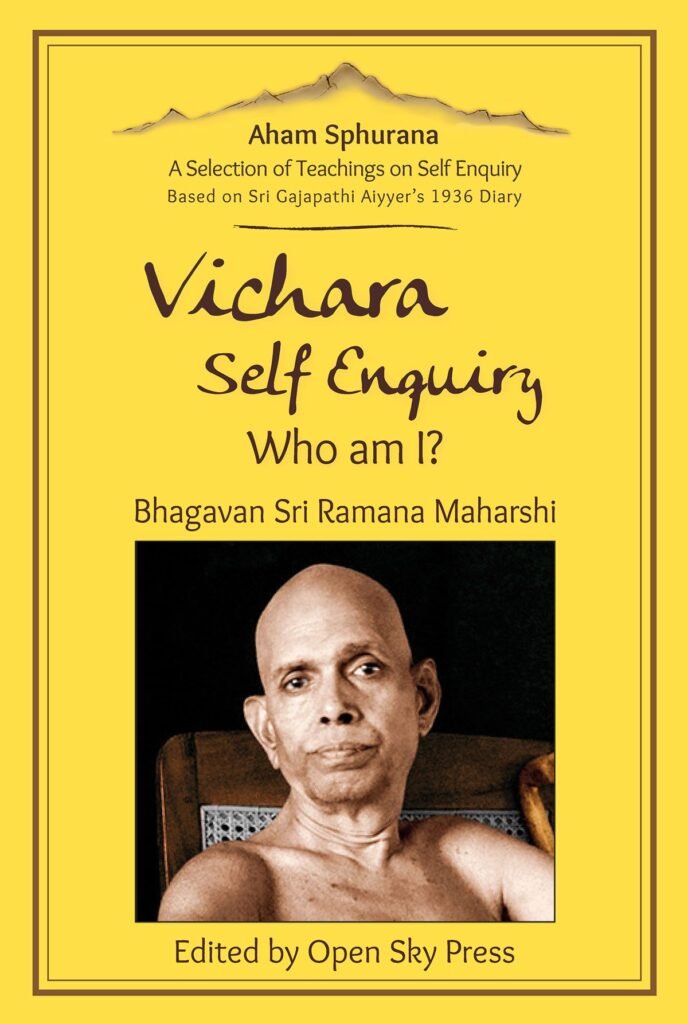
Vichara offers a fresh and focused exploration of Bhagavan Sri Ramana Maharshi’s most profound teaching: Self-enquiry.
Sharanagathi – Surrender,
Letting go. [Volume 3]
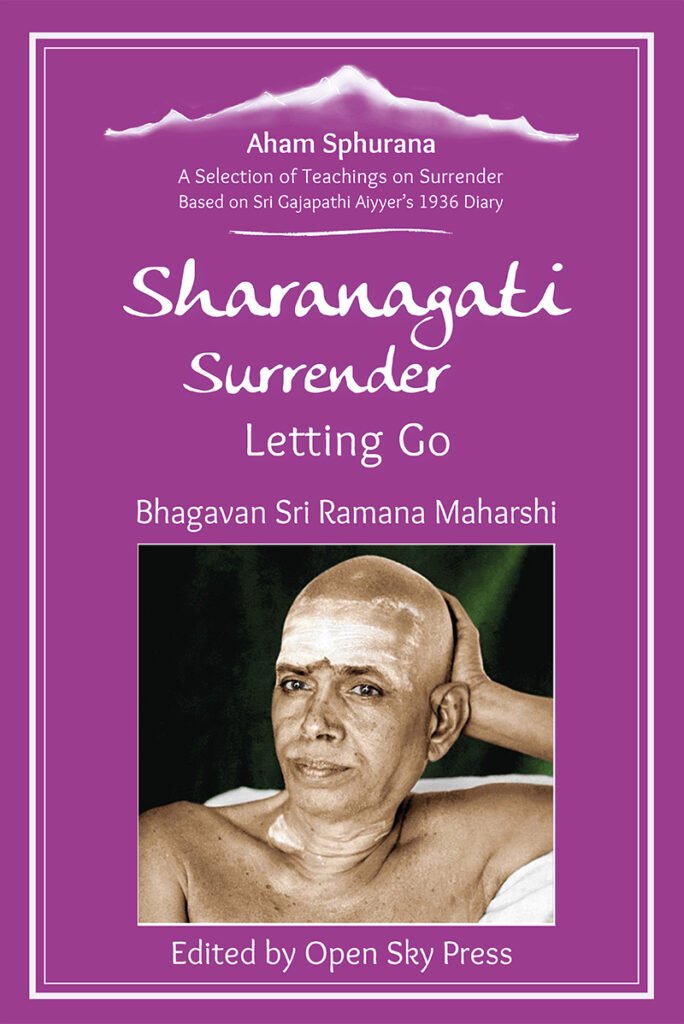
Sharanagathi explores Bhagavan’s direct and powerful path of dissolving the ego through surrender.
Biography
Swami Suddhananda is a contemporary teacher rooted in the tradition of Advaita Vedanta, who deeply emphasizes the self-inquiry method of realizing one’s true nature. He studied the Vedic scriptures under the guidance of Swami Chinmayananda and Swami Dayananda Saraswati, which set the foundation for his spiritual journey. Suddhananda’s teachings revolve around the essential question: Who am I? Through his own experiences and insights, he stresses that the true “I” is not the body or mind but the nameless, formless essence that connects all beings.
Suddhananda believes that the search for happiness is essentially a search for the Self, and he teaches that when one realizes their true nature, they discover lasting peace and joy. He often highlights that enlightenment is not an experience to seek, but a realization of what is already present. His approach is grounded in direct experience, often using simple yet profound language to guide seekers in transcending the limitations of their conditioned identities.
A humorous and deeply compassionate teacher, Swami Suddhananda travels worldwide, sharing his wisdom and guiding students through the transformative process of self-realization. He reminds his followers that true knowledge of the Self dispels ignorance and reveals the unity of all existence.
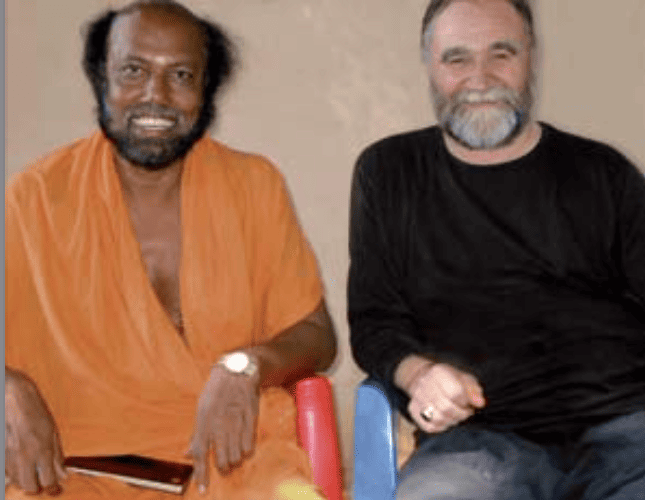
“In silence, the mind dissolves, and the Self is revealed.”
– Swami Suddhananda
